How long do electric car batteries last? Nissan says almost all their LEAF batteries are still out there, plugging away!
It’s a common question from EV doubters, to be sure – and for good reason. The average age of of an American car is now 12.2 years, so the question of whether or not an electric car will last at least that long is incredibly relevant to US car buyers.
“Almost all of the batteries we’ve made are still in cars,” Nissan UK marketing director Nic Thomas said, in an interview with Forbes. “It’s the complete opposite of what people feared when we first launched EVs (the LEAF was launched in 2010, as a 2011 model –Ed.), that the batteries would only last a short time.”
Modern hybrids have been around even longer than pure EVs, with the original Toyota Prius launching in 1998 (nearly 25 years ago), and even some of those cars are still out on the road. “At the end of the vehicle’s life—15 or 20 years down the road—you take the battery out of the car, and it’s still healthy,” reflects Thomas, “(it still has) perhaps 60 or 70% of usable charge.”
Then of course, you have guys like our friend, Fred Lambert, over at Electrek, who has driven hundreds of thousands of miles on his personal Tesla Model S.
Battery Recycling Gets Back-burnered
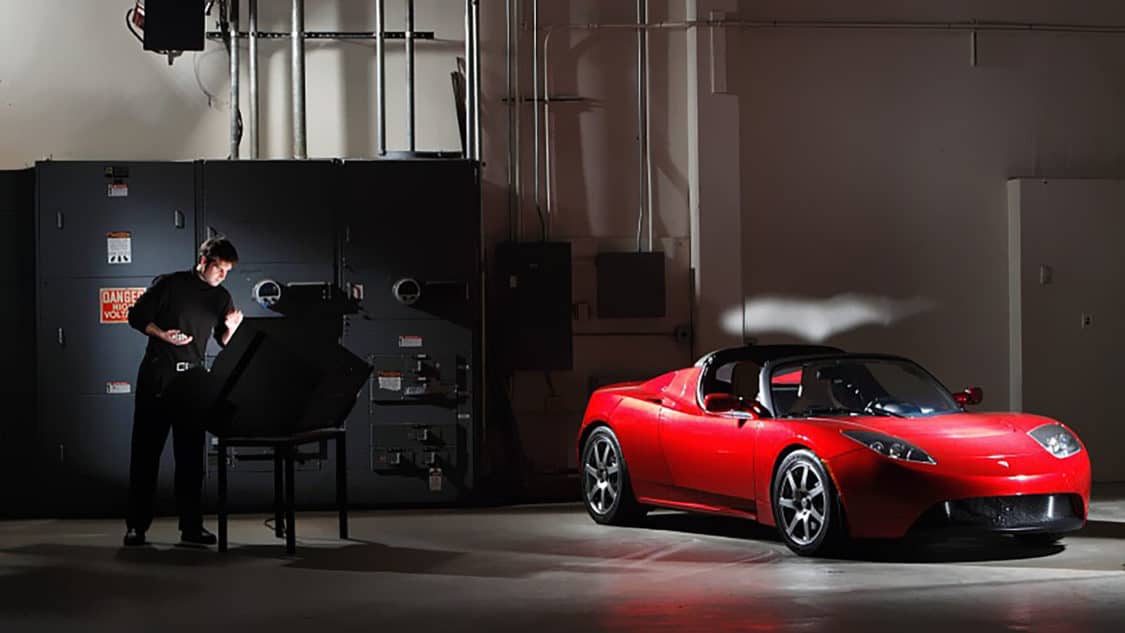
If there’s a downside to the unexpected (by people who don’t know how batteries work, probably) longevity of EV batteries, it’s that there isn’t a ready supply to start recycling yet. That means companies like Redwood Materials (the company JB Straubel started after, you know, founding Tesla) may have to push back their goals of delivering new batteries made from recycled materials to automakers.
The good news for Straubel’s investors is that he definitely knows how EV batteries work, and he’s already factored an 15-ish year lifespan for electric cars into his business plan. Even so, the company is currently recycling 8-10 GWh year worth of batteries, which it says is, “enough for hundreds of thousands of cars,” and, the materials keep getting better the more times they are recycled.
And they can be recycled. That’s the angle that a lot of people who point to the carbon cost of mining lithium, cobalt, and other battery materials conveniently forget: once you pull that stuff out of the ground, you can use and re-use it for pretty much ever, in what’s called a “closed loop.” Gas? Oil? When you burn it, it’s gone – and you have to go looking for more.

SOURCES | IMAGES: FORBES, GREEN CAR REPORTS.




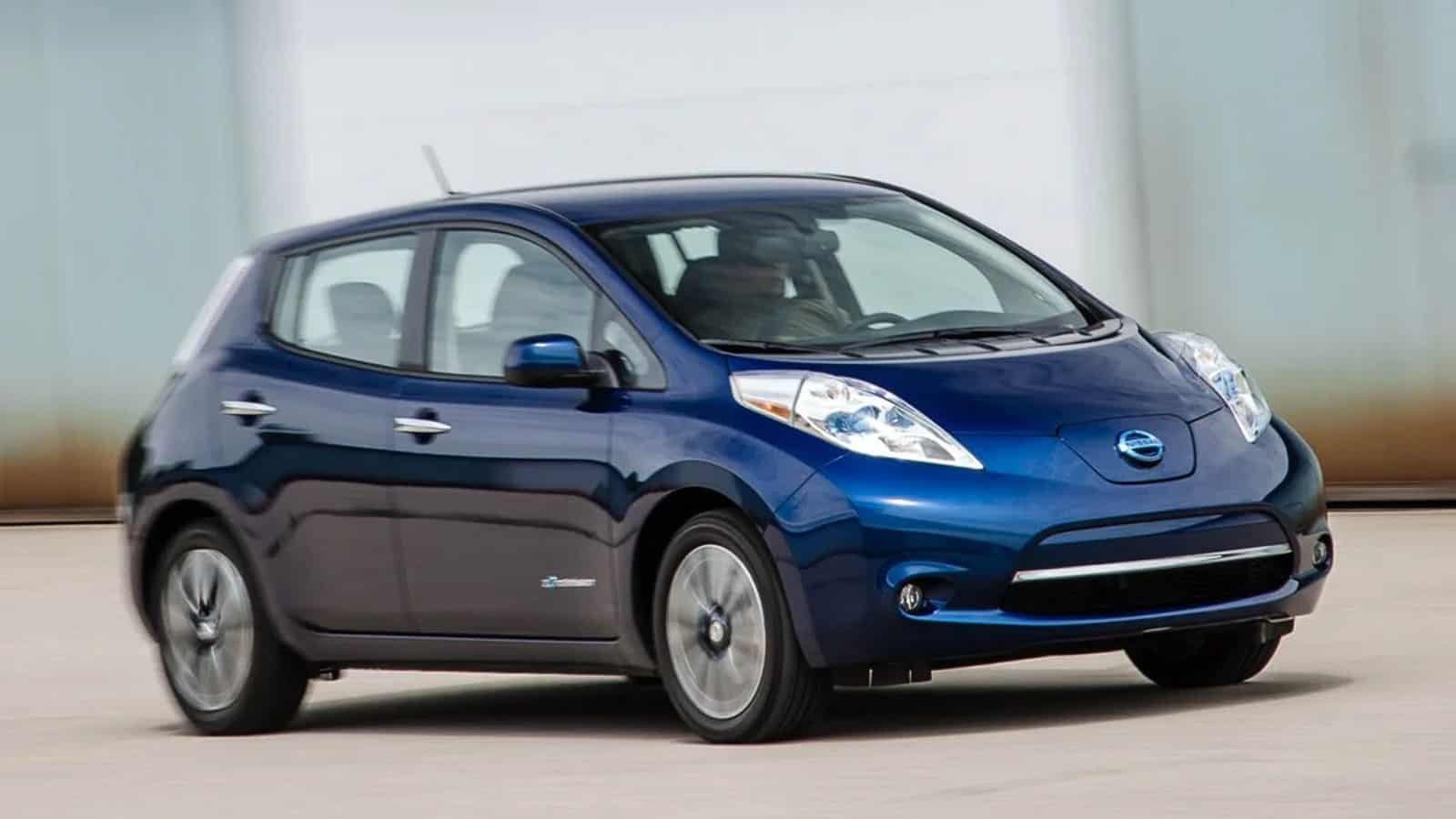


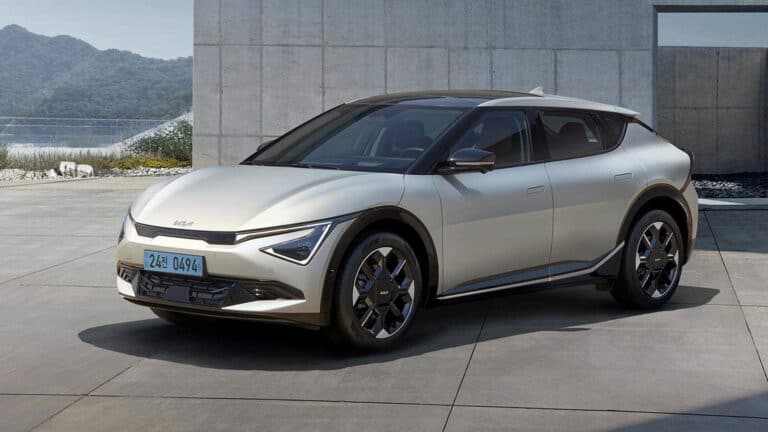











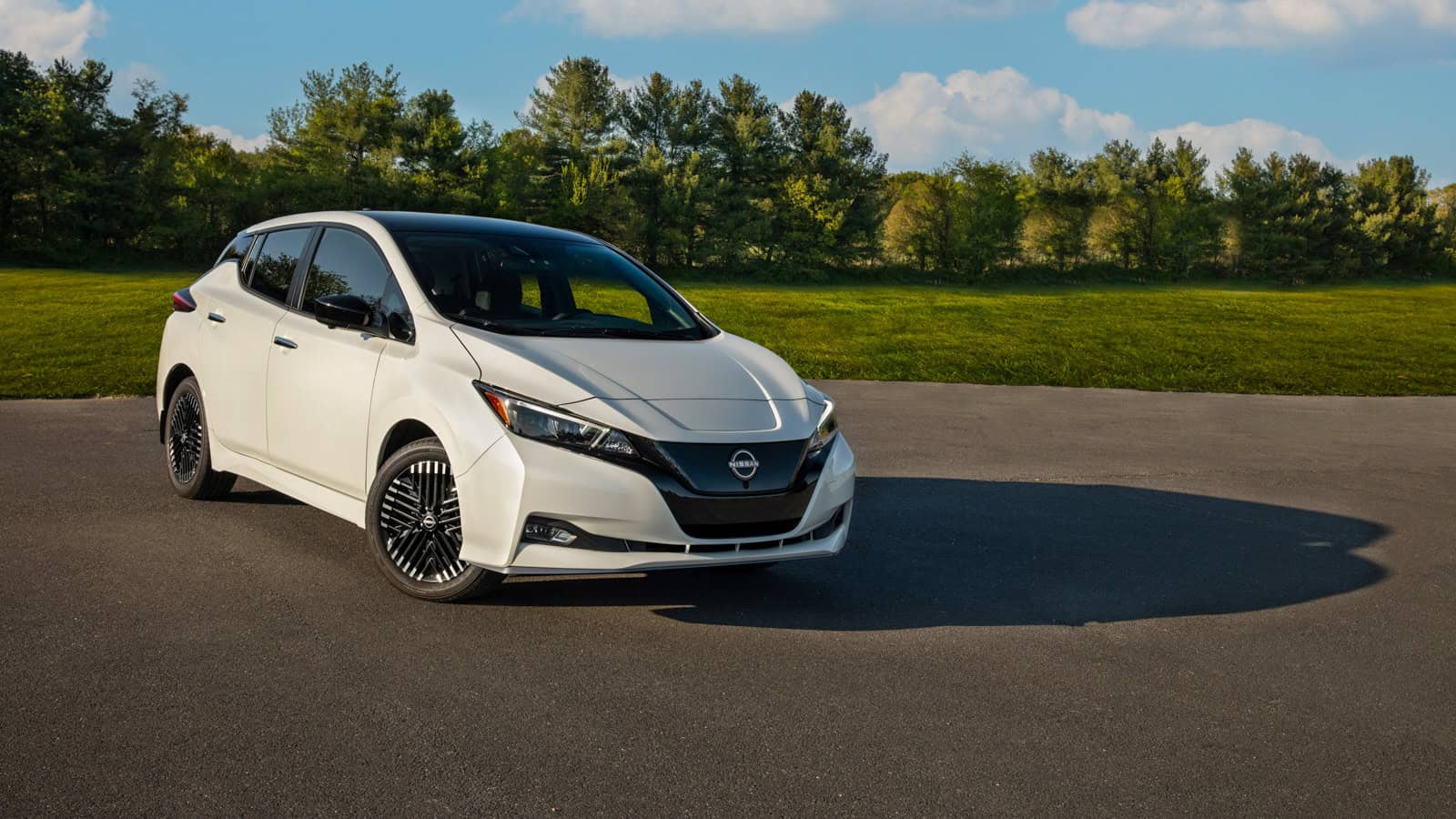
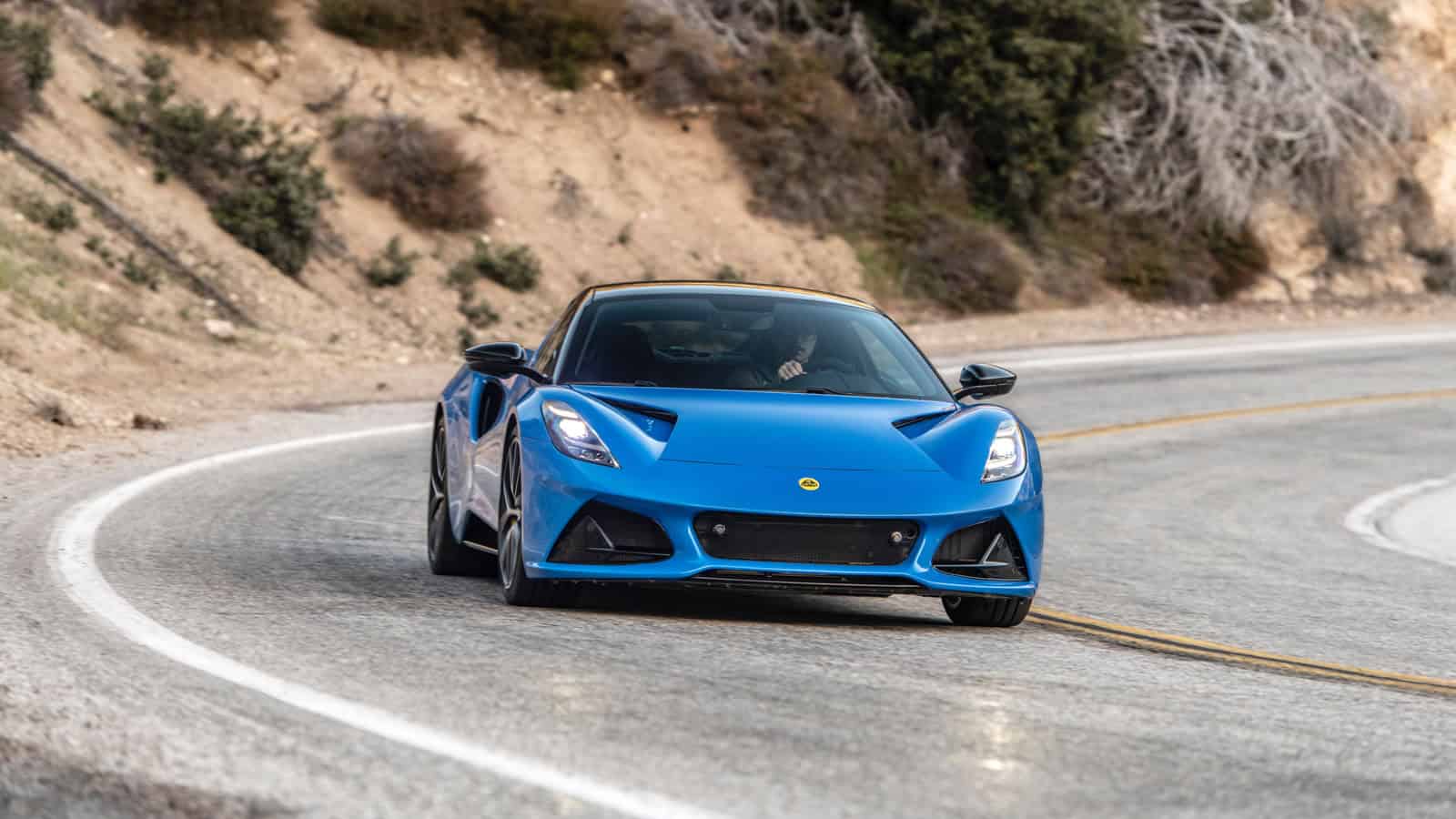

15 Responses
Thank you proving the nay sayers who keep putting down Ev are talking out there rear end
This is pretty important, so it would be well to follow this up with more data and statistics. I distinctly recall reading about Nissan’s replacement program for LEAF batteries, so there are some being replaced. I’ve owned three Teslas and the oldest of them needed a battery replacement at 105,000 miles. Others have reported similar results for those early Tesla batteries. And replacement costs are still disconcertingly high, threatening to total any car that requires one.
You could say the same thing about any 5-10 year old Mercedes/AMG engine and transmission, but that’s a good point. You should also consider that a number of those Tesla batteries were repaired and found second lives as Powerwall batteries, IIRC?
My Ford Fusion Energi has a battery charge of about 50-60% of what it was new, 8 years ago. It doesn’t feel good enough to me. Just sharing.
Do you plug it in?
My 2013 Nissan Leaf SV still had 9 bars and got an easy 65 miles range at 140000 miles but it got t-boned a month ago and was totaled out by the insurance company because of all the damage.
I really miss driving it for about .02 cents a mile verses my Rav4 at .23 cents a mile. ($5.49 gas)
I tried to buy a new Hyundai Kona but the dealer wanted an additional five thousand over MSRP so no sale. that’s a freaking rip off.
This is anecdotal but I am one former Leaf owner who had to have the battery fully replaced (under warranty thank goodness) bc the capacity had diMinished so badly under a previous owner’s charging regime. I am told newer EV batteries deteriorate way slower if at all. I now bc drive an ID.4 and see no deterioration so far after 15k miles.
There are some really ignorant folks out there that only care about the first three years of a car’s life. Sounds like you inherited their problems. We also have an ID.4 and absolutely love it!
Our 2013 Model S has 140,000 miles. Still original battery. Still charges up to about 180/220 miles. The only maintenance cost we have had besides tires has been replacing the screen to 5G which cost about $2,500. It has free supercharging for life. The only limiting factor of this car is it was made before there were sensors in the bumpers. The free charging makes up for everything.
My model3 is almost 5 years old, 110,000 miles. Still charges 303 out of 308 original charging miles. Our batteries are doing just fine.
Did you switch the tires on the model S? I’ve seen similar drops, but usually they involve a softer sidewall tire swap.
I don’t believe people complaining about EC battery 🔋
I believe they are paid by oil gas companies
The oil and gas companies are too smart to pay for what they can get for free from a bunch of weirdos who think YouTube and Joe Rogan = research.
I’ve driven my 2018 Tesla Model S over 170,000 km, and the battery still has 96% of the capacity it had when it was new. I charge it mostly at home, but I do have a few longer road-trips per year (say 15,000 km per year total), so I’m more than happy with the battery performance.
Absent any hard data & research from an unbiased source it’s my opinion that any research into battery life has to take into account charging methodology. We know fast-charging batteries shortens their life, so I would expect significantly longer battery life from an EV that only receives slow, gentle at-home recharging than one that constantly gets fast charging.
You’re 100% right, but we can argue the same about ICE cars. The ones driven gently last longer than the ones driven by guys with lead feet, you know?